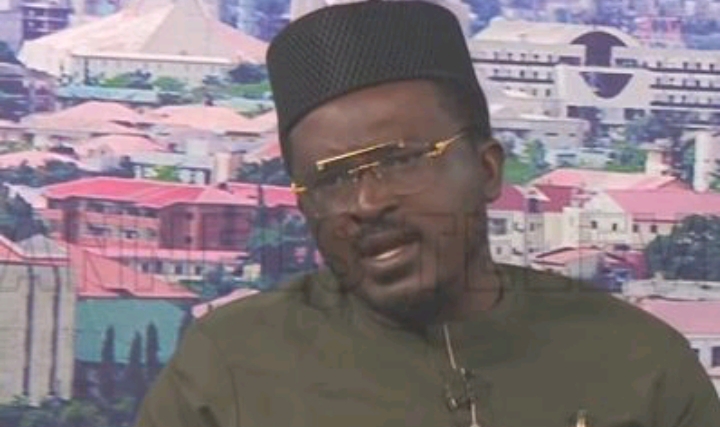In a recent interview with Channels Television from 11:11, Hon. Henry Mbachu, a member of the Anambra State Assembly, expressed his concerns about the role of Igbo leaders in the ongoing agitation led by the Indigenous People of Biafra (IPOB) and the implications of the sit-at-home orders in the South-East.
“One particular thing about us in Igbo land is that once we see anything about agitation, we withdraw,” Mbachu observed, referencing the reluctance of many Igbo leaders to actively participate in the movement for self-determination. This perceived withdrawal, according to Mbachu, has left IPOB leader Nnamdi Kanu as the sole face of the agitation, without sufficient backing or direction from key Igbo political figures.
Mbachu contrasted the situation in the South-East with the involvement of Yoruba leaders in the agitation led by Sunday Igboho, a proponent of the Yoruba Nation movement. “Sunday Igboho was also there,” Mbachu remarked, “but the leaders of Yoruba Nation were part of Sunday Igboho’s agitation.” This active involvement of Yoruba leaders, according to Mbachu, provided direction and protection for the movement, something he feels is lacking in the IPOB-led struggle in the South-East.
The absence of strong leadership involvement in IPOB’s activities has, in Mbachu’s view, allowed the movement to fall into the hands of elements that are difficult to control. “The leader is supposed to be involved in the IPOB stuff and give direction, give protection. Now it’s in the hands of people we can’t actually control,” he stated, pointing to the unintended consequences of the movement’s leadership void.
Mbachu’s comments highlight the complex dynamics between Igbo leaders and the IPOB movement, especially in the context of the sit-at-home orders, which have paralyzed economic and social activities across the South-East. These orders, initially issued as a form of protest for Kanu’s release, have since become a source of tension and fear in the region, enforced by unknown elements, often with violence.

